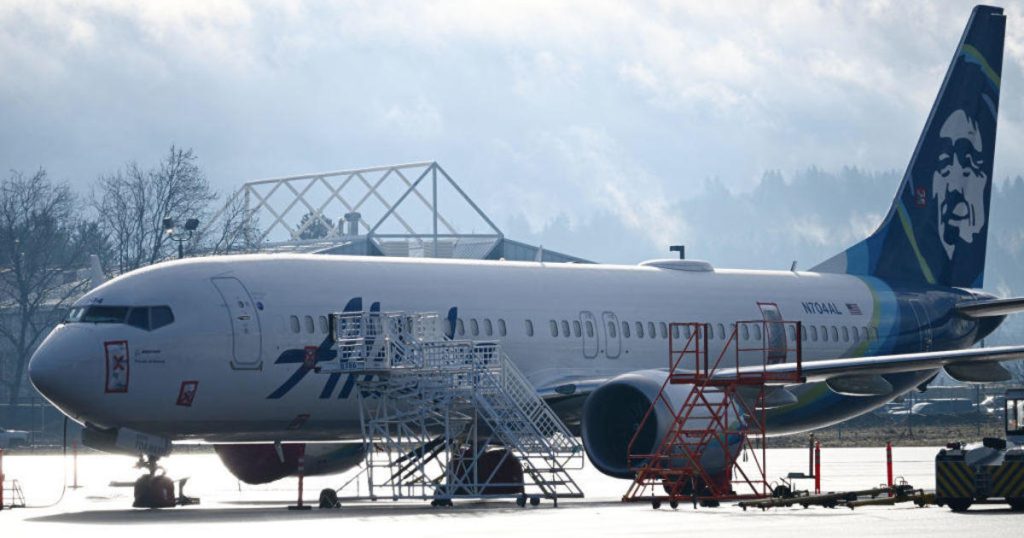Federal prosecutors have recommended that airline manufacturer Boeing be criminally prosecuted following the alleged violation of a deferred prosecution agreement. The recommended charges are not yet final, but they mark the latest development in the ongoing investigation into Boeing’s conduct related to the two deadly 737 Max crashes in 2018 and 2019. The Justice Department previously found that Boeing had breached the agreement and might proceed with charges against the company. In May, federal prosecutors stated that Boeing had failed to implement an adequate compliance and ethics program to prevent fraud violations, which led to the breach of the agreement.
The deferred prosecution agreement required Boeing to pay a $2.5 billion settlement and make certain organizational changes in exchange for the Justice Department dropping fraud conspiracy charges after a three-year period. However, federal prosecutors claimed in May that Boeing had not upheld its end of the agreement, leading to the recommendation for criminal charges. Boeing, on the other hand, maintains that it has followed the terms of the agreement and disagrees with the alleged violation. The recommendation for criminal prosecution comes as the three-year period is set to end in July, prompting the Justice Department to consider its next steps.
In addition to the two 737 Max crashes that prompted the deferred prosecution agreement, Boeing has faced other issues with its planes. The cabin door of an Alaska Airlines plane blew off mid-flight in January, raising concerns about the safety of Boeing’s aircraft. A whistleblower report from June further revealed concerns that Boeing may have been using faulty parts in the construction of its jets. Whistleblowers have raised alarm about the quality control processes at Boeing and its suppliers, potentially jeopardizing the safety of the aircraft produced. These issues have added to the scrutiny facing Boeing as the Justice Department considers criminal charges against the company.
Following the whistleblower reports and continued investigations into Boeing’s conduct, CEO David Calhoun appeared before a Senate hearing to address the concerns raised about the company’s practices. Calhoun acknowledged that Boeing is not perfect but affirmed the company’s commitment to ensuring that employees feel empowered to speak up about any problems. The ongoing scrutiny of Boeing’s compliance and safety practices highlights the need for accountability and transparency within the aviation industry, particularly in light of the tragic crashes involving the 737 Max aircraft. As the Justice Department weighs its decision on whether to pursue criminal charges against Boeing, the case serves as a reminder of the importance of upholding high standards in the design, production, and maintenance of aircraft to ensure the safety of passengers and crew.


